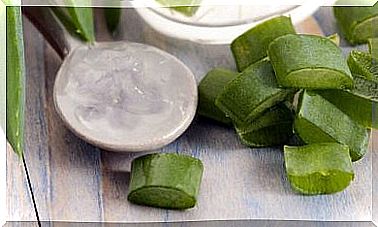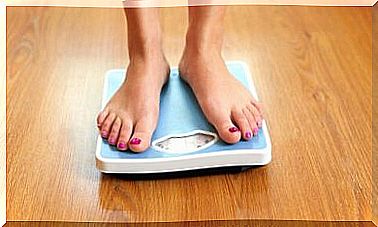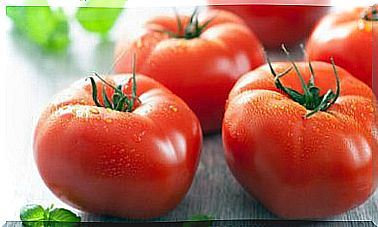5 Medicinal Plants That Improve Blood Circulation And Heart Health
Although, in some cases, herbal medicine can be used as a complementary treatment for certain ailments, its use is discouraged without prior consultation with the doctor.
Are there medicinal plants that help improve blood circulation and heart health? How are they used? Do doctors recommend resorting to them? We will discuss this in more detail below.
Although for the majority of health professionals, plants and, specifically, herbal medicine, do not represent an adequate form of treatment for different conditions; many people continue to take natural alternatives in order to avoid, above all, over-medication.
To avoid putting health at risk or, in case of illness, harming it. It is best to avoid using herbal medicine as the main treatment. In some cases, the doctor may authorize it to be used, in a complementary and punctual way. Likewise, under no circumstances is it advisable to disregard the doctor’s instructions.
What do medicinal plants offer today?
In ancient times, plants were used as a treatment for all kinds of ailments and diseases. However, with the advancement of science and technology, treatments much more suitable for human health emerged.
Does this mean that the plants were no longer used? Not at all. The active principles of many plants are still used to make all kinds of medicines. However, it is a fact that it has been possible to isolate the components of the plants and even modify their structure to obtain a specific effect.
Although the intake of herbal teas and other natural remedies has become popular, as well as the application of ointments and the like, these do not have the same efficacy as a drug.

The case of patients with poor circulation
Although plants do not directly help problems such as poor circulation, blood disorders and the like, the regular consumption of some natural infusions, together with a balanced diet rich in essential nutrients, can help mitigate discomforts such as:
- Fluid retention
- The inflammation.
By having a diuretic effect, the infusions help the patient to eliminate liquids easily throughout the day and to obtain an improvement. However, they are not a cure per se for the cause of the problem.
Once again, it is necessary to clarify that no infusion or other type of natural remedy will help, directly, to: protect blood vessels, provide greater flexibility, eliminate clots, and so on.
Patients who, for one reason or another, have circulation problems, must take care of both their diet and hydration as well as the rest of their lifestyle in order to improve their quality of life.
5 infusions to relieve poor circulation
Here are the most popular natural infusions, whose ingredients consist of medicinal plants with diuretic properties, which could help relieve discomfort caused by poor circulation.
- Garlic ( Allium sativum ).
- Ulmaria (Filipendula ulmaria ).
- Dandelion ( Taraxacum officinale ).
- Horsetail ( Equisetum arvense ).
- White willow bark ( Salix alba) .
Conclution
Although phytotherapy and other alternatives have sought to promote well-being through a ‘natural’ approach that is not very invasive with the body, nowadays, it is necessary to take other types of measures to treat a condition, such as poor blood circulation or a heart disorder.
You should not resort to any type of natural remedy without prior consultation with your doctor to avoid counterproductive effects, such as an allergic reaction or intoxication. Especially because there are plants whose properties can alter the way drugs interact in the body.








